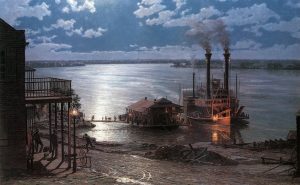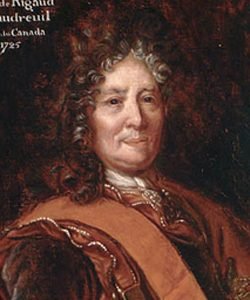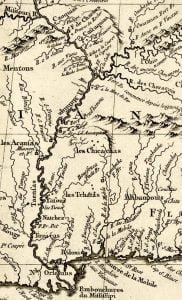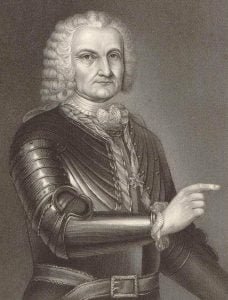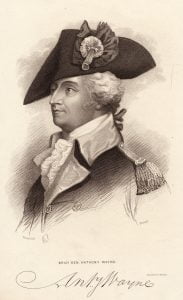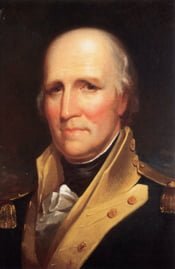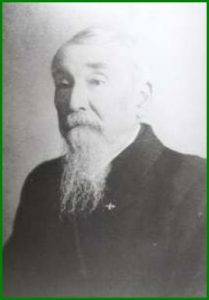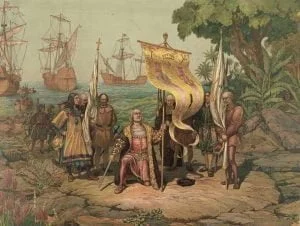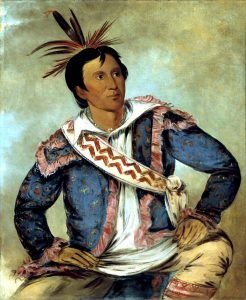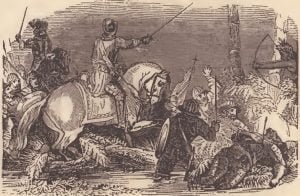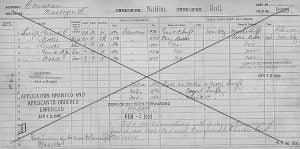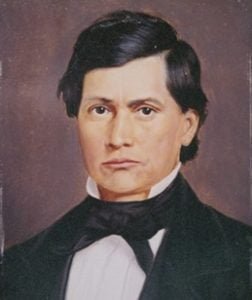Choctaw and Chickasaw Traditions
After the French lost their claimed possessions upon the North American continent and were driven there from, the Chickasaws, from that time to the present, have been at peace with the world of mankind; and though they never wholly recovered from the long devastating wars with the French, yet they fully maintained their independence to the last. Their country lay adjoining the Choctaws on the north; and, like that of the Choctaws, was as fertile and beautiful a country as the eyes of man ever looked upon; as it appeared under their own and Nature’s rule, it indeed possessed a … Read more


